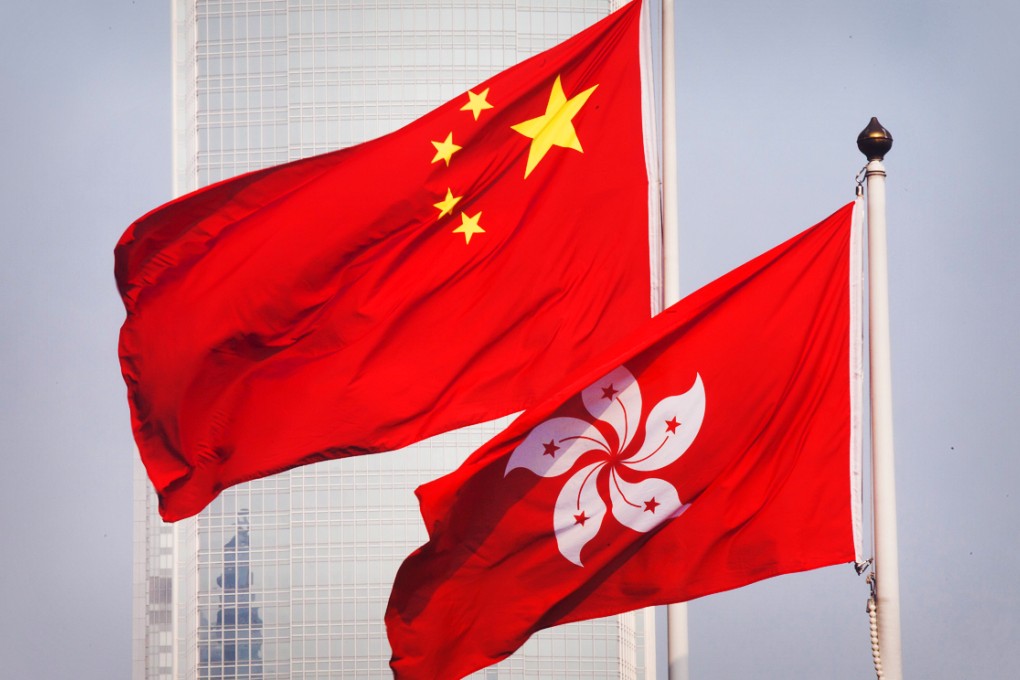Hong Kong needs to be 're-enlightened' on law following Occupy protests, says top Beijing official
Top Beijing official says 'one country, two systems' must 'evolve' in remarks seen as a strong hint of a firmer line on Hong Kong

Hong Kong needs "re-enlightenment" to give citizens a better understanding of "one country, two systems", a top Beijing official said yesterday in remarks seen as signalling a harder line on the city's affairs.
And Zhang Rongshun, vice-chairman of the legislative affairs commission under the National People's Congress Standing Committee, also spoke of switching from stressing the status quo to exploring how the "one country, two systems" principle could "evolve".
His remarks came at a conference of the semi-official Chinese Association of Hong Kong and Macau Studies, a think tank created last year. Association chairman Chen Zuoer also spoke at the meeting of 140 scholars in Shenzhen. He urged Hongkongers to "reflect deeply" on how to contribute to the nation's security and other interests.

"It seems that some people [in Hong Kong] still cannot find an identity with the country," Zhang said. "There is a need to have a re-enlightenment about the 'one country, two systems' principle and national identity."
The problem with the principle, he added, was a lack of "development". "Now we should encourage further development, set a visible goal after reaching consensus so the 'one country, two systems' principle can further evolve," Zhang said.
